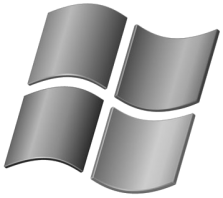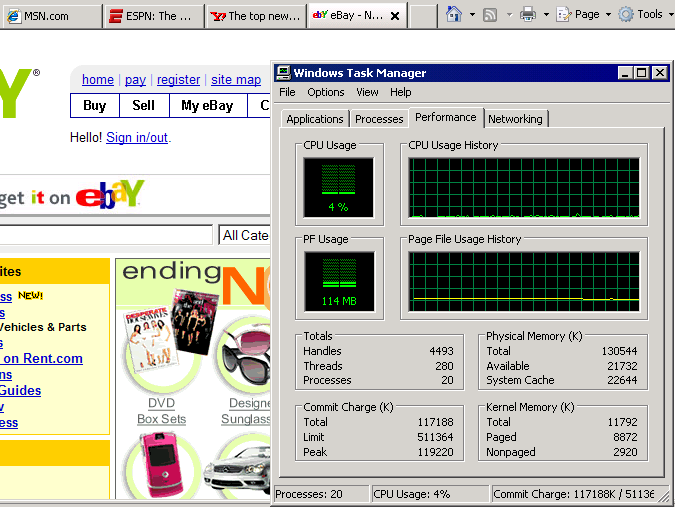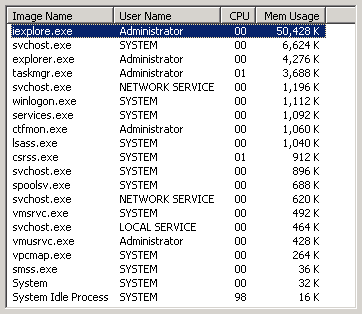We're working on a little shell utility that displays paths in a menu. Some of these paths can get rather long, so I cooked up this little regular expression to shorten them. It's a replacement, so you call it like this:
static string PathShortener(string path)
{
const string pattern = @"^(w+:|)([^]+[^]+).*([^]+[^]+)$";
const string replacement = "$1$2...$3";
if (Regex.IsMatch(path, pattern))
{
return Regex.Replace(path, pattern, replacement);
}
else
{
return path;
}
}
So, for these paths:
C:Documents and SettingsjatwoodMy DocumentsVisual Studio 2005SimpleEncryptionUnitTestsUnitTests.vb wumpuspublicHilo DeliverablesHilo FinalIntroductionCodeIntroApp_Themescellphonephoto-small.jpg
The result is:
C:Documents and Settingsjatwood...UnitTestsUnitTests.vb wumpuspublic...cellphonephoto-small.jpg
The general strategy is to keep the first two folders at the beginning, replace the middle with an ellipsis, and leave the final folder and filename on the end.
After spending an hour dinking around with this and testing it on a bunch of paths, a colleague pointed me to the Windows API call PathCompactPathEx, which (almost) does the same thing. Doh!
[DllImport("shlwapi.dll", CharSet = CharSet.Auto)]
static extern bool PathCompactPathEx([Out] StringBuilder pszOut, string szPath, int cchMax, int dwFlags);
static string PathShortener(string path, int length)
{
StringBuilder sb = new StringBuilder();
PathCompactPathEx(sb, path, length, 0);
return sb.ToString();
}
As you can see from the API definition for PathCompactPathEx, this works a little differently. It lets you set an absolute length for the path, and displays as many characters as it can with a "best fit" placement of the ellipsis. Here's the output for our two paths:
C:Documents and Settingsjatwood...UnitTests.vb wumpuspublicHilo Deliverab...photo-small.jpg
So, which to choose? CompactPathEx guarantees that the paths will always be exactly (x) characters while displaying as much as it can, but it may not be able to split cleanly. My regex always splits cleanly, but makes no guarantees on length.
And obviously, if you're not running Windows, or if you don't care for p/invoke, the API call is clearly out.
Discussion

 There seem to be developers who think that well-formedness is awfully hard -- if not impossible -- to get right when producing XML programmatically and developers who can get it right and wonder why the others are so incompetent. I assume no one wants to appear incompetent or to be called names. Therefore, I hope the following list of dos and don'ts helps developers to move from the first group to the latter.
There seem to be developers who think that well-formedness is awfully hard -- if not impossible -- to get right when producing XML programmatically and developers who can get it right and wonder why the others are so incompetent. I assume no one wants to appear incompetent or to be called names. Therefore, I hope the following list of dos and don'ts helps developers to move from the first group to the latter.


